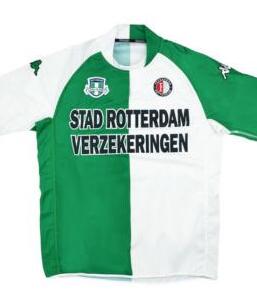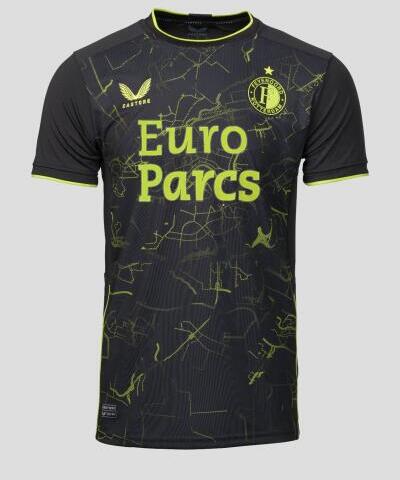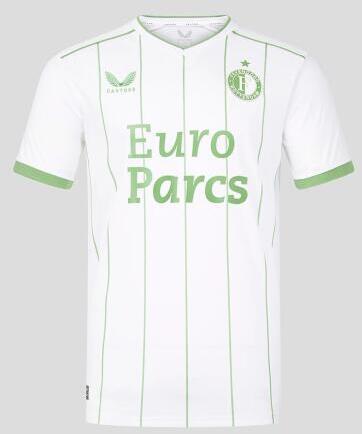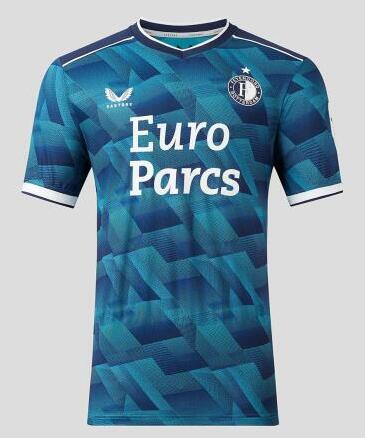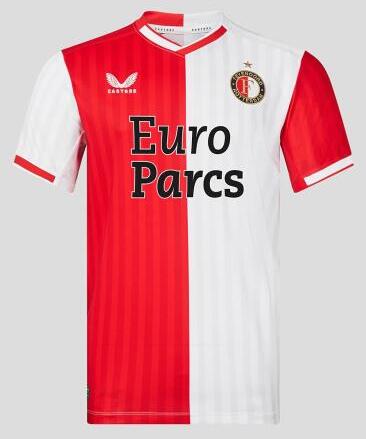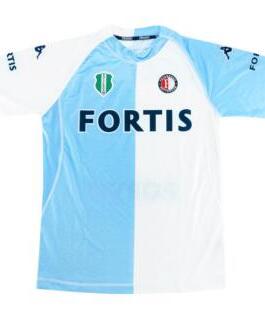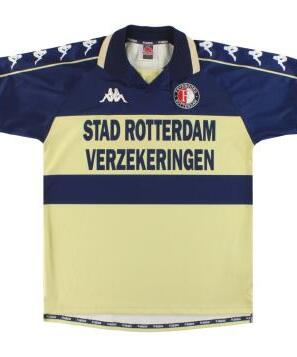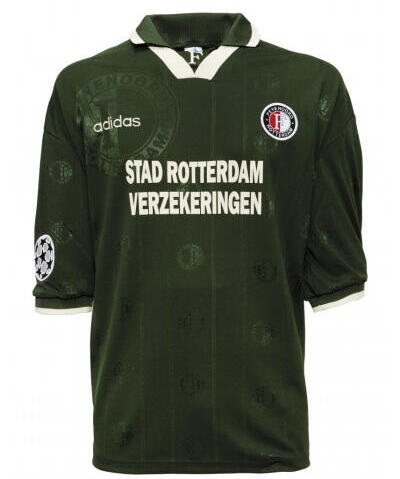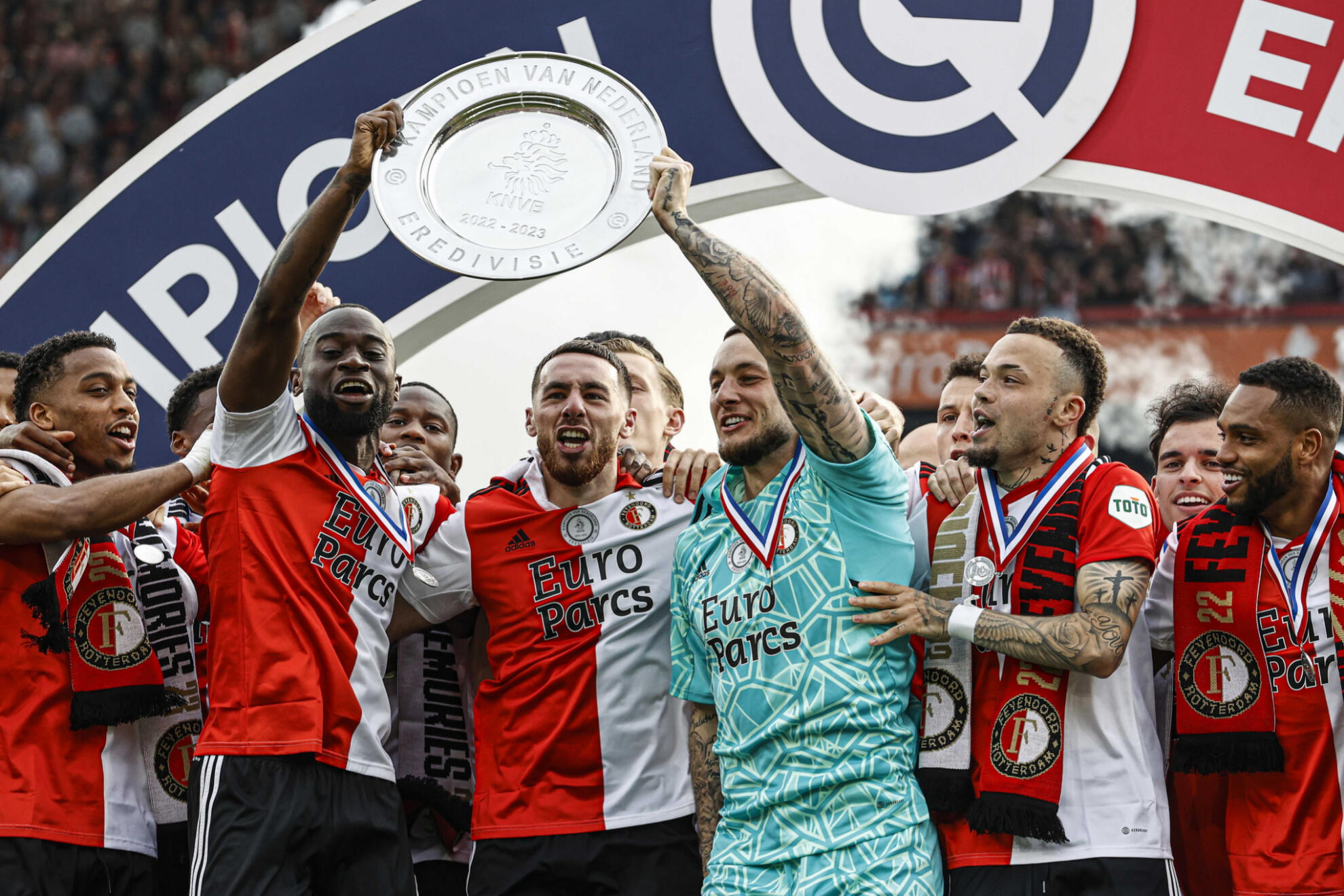
Feyenoord Rotterdam
Feyenoord was founded on July 19, 1908, as "Wilhelmina" by a group of young football enthusiasts in Rotterdam. The club's name was changed to "Feyenoord" in 1912. Feyenoord's early years were marked by regional success. The club won its first national championship in 1924 and its first KNVB Cup (Dutch Cup) in 1930. In 1937, Feyenoord moved to its iconic stadium, Stadion Feijenoord, commonly known as De Kuip. The stadium has been the club's home ground ever since and is one of the most historic football venues in Europe. Feyenoord experienced a golden era in the 1960s. Under coach Ernst Happel, the club achieved significant success, winning the Eredivisie (Dutch top-flight league) title in the 1960-61 and 1968-69 seasons. Feyenoord's most historic achievement came in the 1969-70 season when they won the European Cup (now UEFA Champions League). They defeated Scottish club Celtic FC 2-1 in the final at the San Siro in Milan, with Ove Kindvall scoring the decisive goal. The club faced financial challenges in the 1990s but managed to bounce back. Feyenoord won the UEFA Cup (now UEFA Europa League) in the 2001-02 season, defeating Borussia Dortmund in the final. Feyenoord has a passionate fan base known as "Het Legioen" (The Legion). The club has a strong cultural identity, and the Rotterdam Derby against Sparta is one of the most anticipated fixtures in Dutch football.
